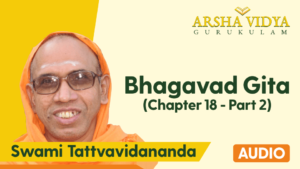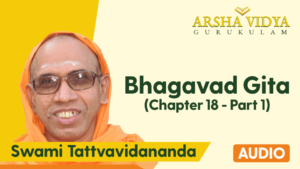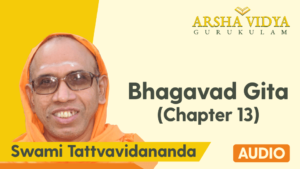
Bhagavad Gita (Chapter 18 – Part 2)
Open to access this content

Open to access this content

Open to access this content

Open to access this content

Open to access this content

Open to access this content

Open to access this content

Open to access this content

Open to access this content

Open to access this content

Open to access this content